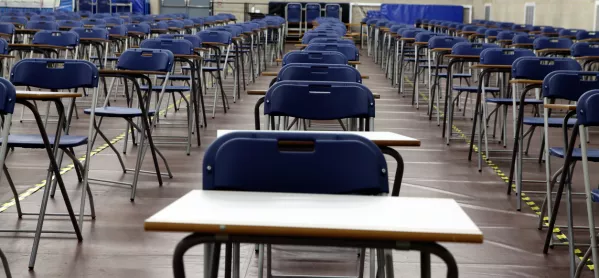The exams regulator has released details of how the standardisation process of teacher-assessed GCSE and A-level grades will work this summer in a blog published today.
The news comes after Ofqual’s consultation on the grading process closed at the end of last month.
Following the cancellation of this summer’s exams, schools will award students a teacher-assessed GCSE or A-level grade, as well as a rank order of students by each subject and grade for every school.
GCSEs: Only 39% teachers think 2020 grades fair for all
News: ‘Adjust GCSE school rankings to stop inequality’
News: Year 10 and below will get GCSE grades, Ofqual confirms
Ofqual said that:
- Standardisation will operate by subject, not at a school level. “For example, the standardisation for GCSE English language will not be affected by the standardisation of GCSE history or A level English language.”
- Schools will be considered individually within each subject, using the historic results of each school as well as prior attainment of current students to judge whether teacher-assessed grades are overly generous or severe.
- For AS and A-level grades, the standardisation will consider historical data from 2017, 2018 and 2019. For GCSEs, data from 2018 and 2019 will be considered, except in cases where there is only a single year of data following GCSE exam reforms.
- If a school’s grades are considered to be more generous than expected in a subject, some or all grades will be adjusted before results are released, although the school’s rank order of pupils will not change. The standardisation model “will also make sure that, at a national level, grade distributions are broadly in line with other years,” Ofqual says.
- For private candidates, headteachers should give them school-assessed grades and include them in the rank order where they or their staff have seen enough evidence to make a judgement. In most cases “the model will make sure that private candidates do not affect the grades of other students at the school or college”, the regulator says.
The blog also emphasises the importance of ensuring that teacher-assessed grades are as objective as possible.




